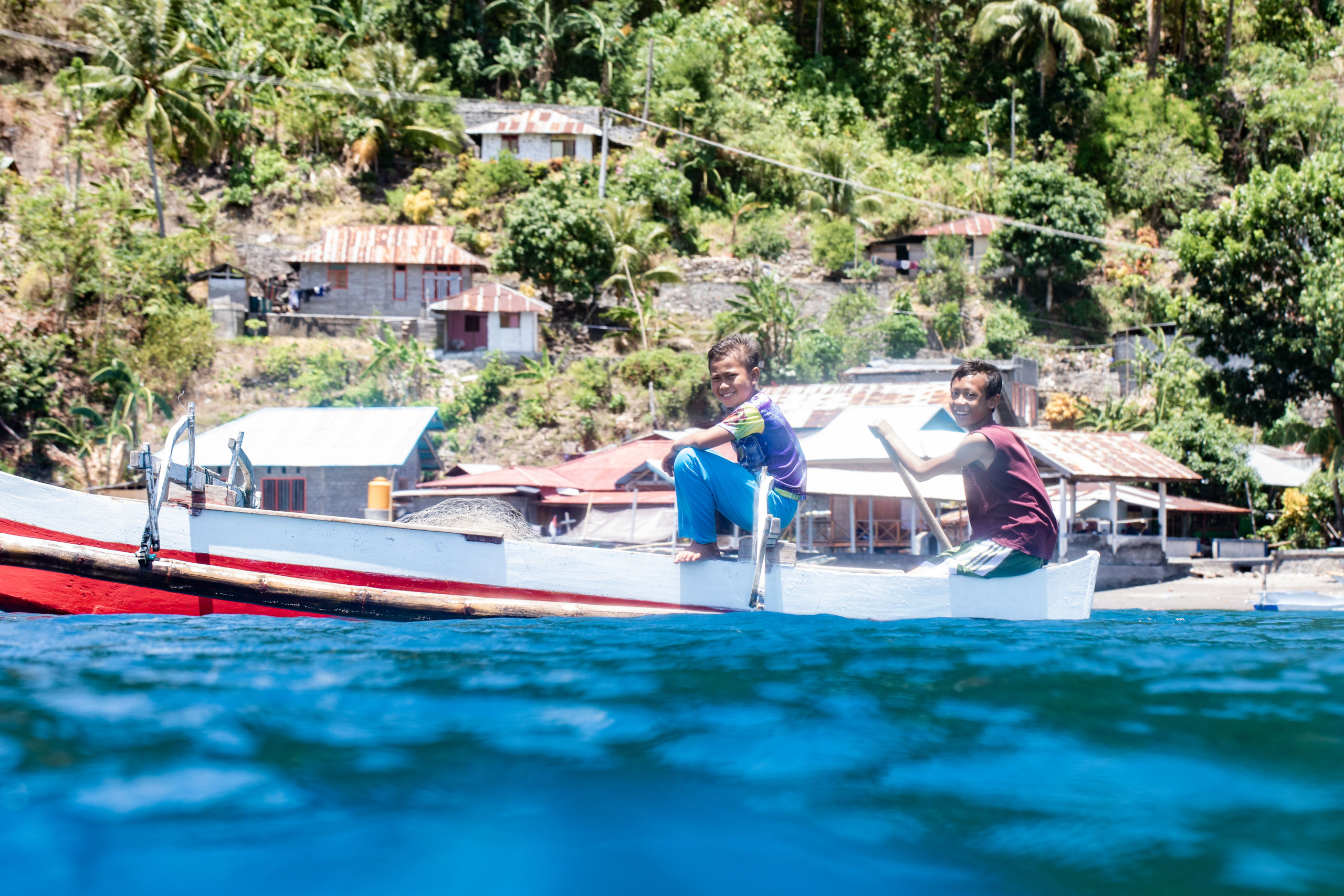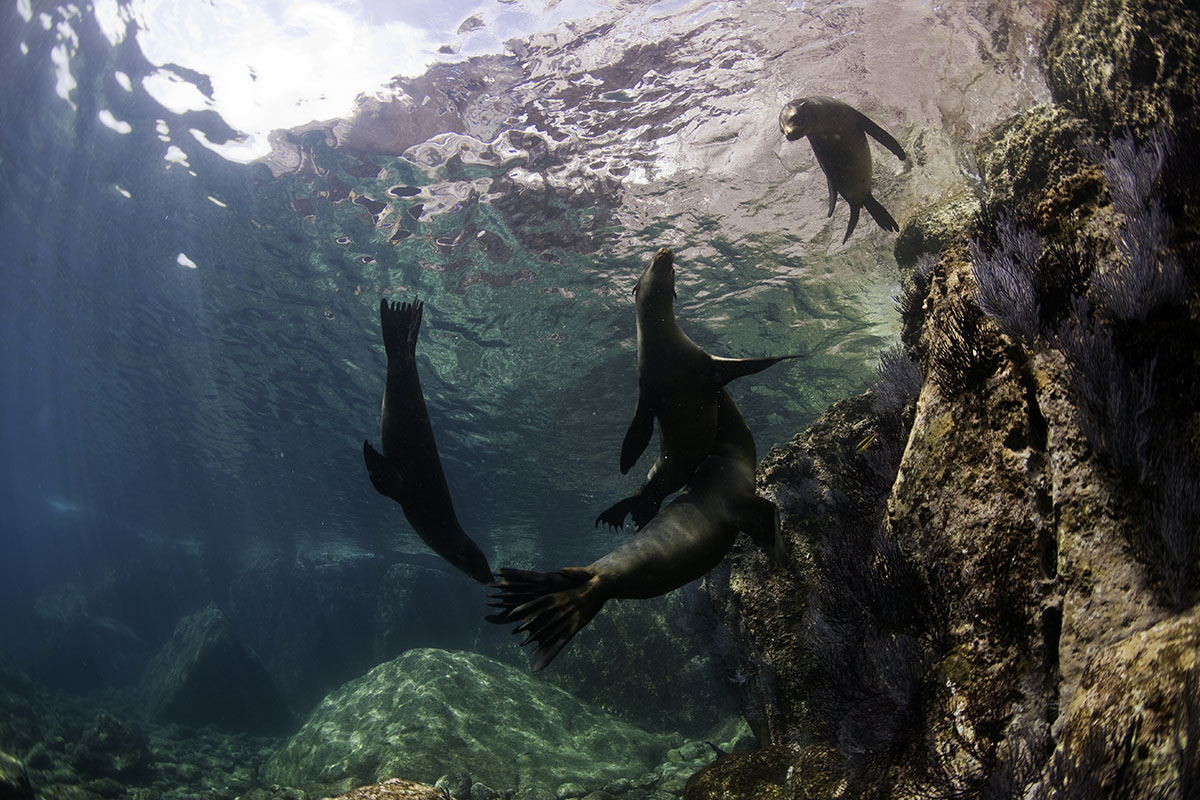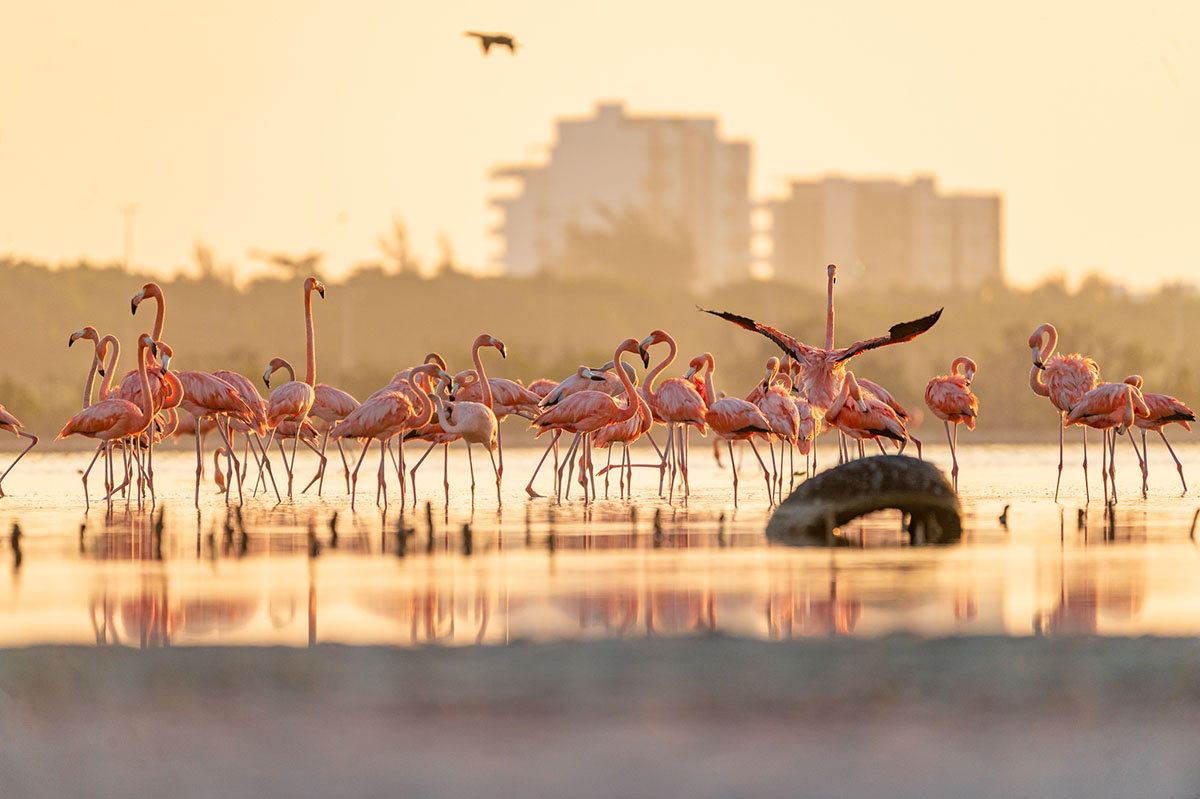THE SCIENCE WE NEED FOR THE CITIES AND THE OCEAN WE WANT
Ocean Cities Network (OC-NET) is one of the endorsed programmes of the United Nations Decade of Ocean Science for Sustainable Development. It is a network of coastal cities committed to sustainability, permeability, and the regeneration of natural marine environments, in collaboration with their populations. It is an interdisciplinary and bottom-up transformative programme that aims to change how coastal cities and their inhabitants perceive, interact, and coexist with the ocean, from the surrounding waters to our global marine ecosystem.
OC-NET combines scientific knowledge, research synergies, and social awareness to effectively impact the city’s evolution and the ocean’s sustainability. The network spans five ocean basins and three enclosed seas. It is a global program covering most of the coastal countries.
Ocean Cities starts at local nodes,
extends into regional networks,
and culminates in a global assembly of cities.

© Kimberly Jeffries Ocean Image Bank
Objectives
-
To establish the ‘ocean dimension’.
-
To cultivate a new relationship between coastal cities and the ocean and seamlessly integrate it into the daily lives of citizens.
-
To foster enhanced awareness among citizens of the essential role of the marine environment in their daily lives.
Coordination
The Steering Committee: The central coordination of OC-NET is done by the Institut de Ciències del Mar, located in Barcelona, in collaboration with the United Nations Coordination Units and a scientific committee. Its main objective is the overall management and monitoring of the program.
AXES
Ocean Cities develops along three axes related to how we understand the ocean: One Ocean One Health; how we feel the ocean: One Ocean Many Cultures; and how we interact with the ocean: One Ocean Global Justice.




